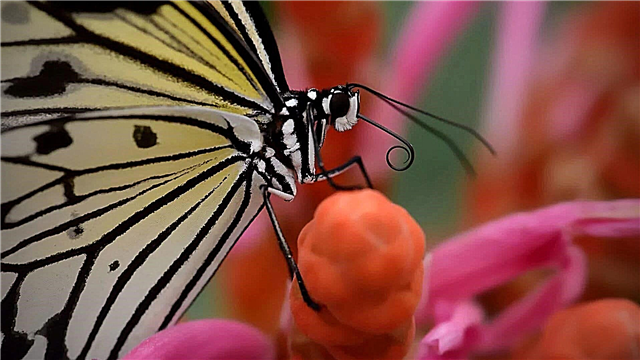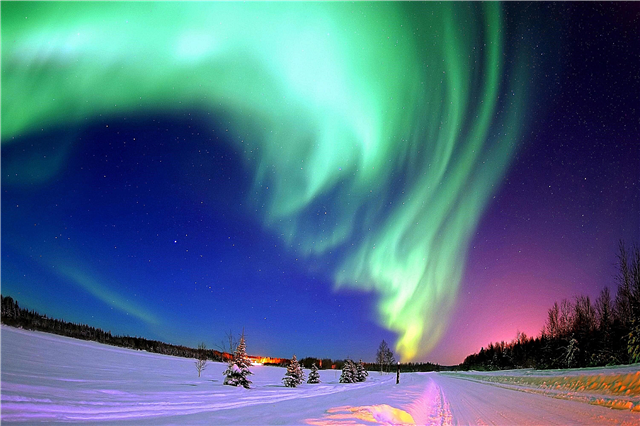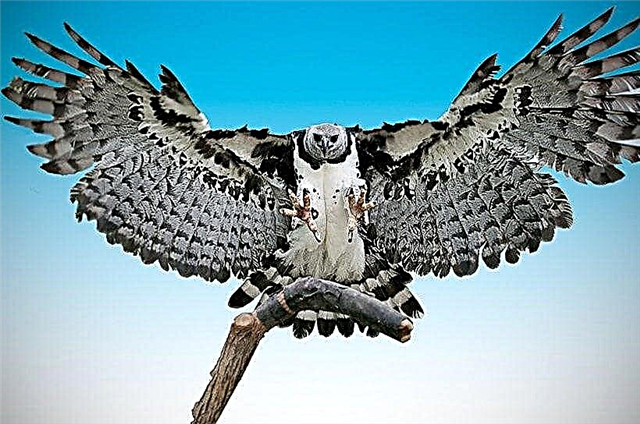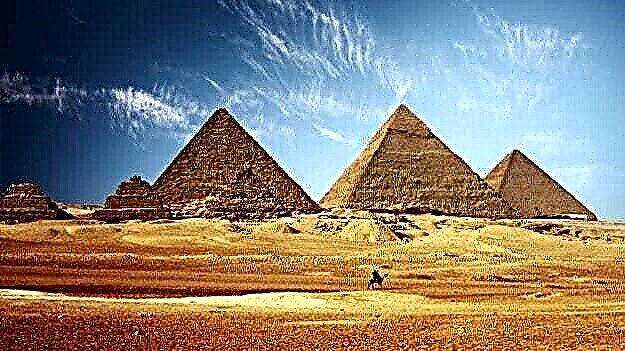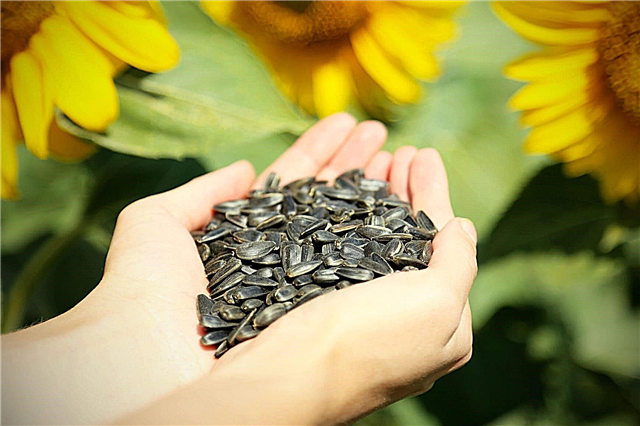
Those who have not been to the capital of Russia will never comprehend the splendor and magnitude of life of the multinational population of this country.
Despite the whirlwind of modern rhythm, the city is fascinated by the change of landscapes, the contrasting color of ancient monuments and the trendy look. Probably, everyone asked himself once: why was Moscow called Moscow? Where did this sonorous name come from?
The imprint of foreign predecessors
Linguists are still arguing about its origin, ascribing the slightest coincidence of sound to different peoples living in these places in antiquity. They are unanimous in one thing: the river first acquired this name, and the area in its district inherited it later. This is confirmed by many examples of historical chronicles.
Some ethnographers and linguists are sure that the dialects of the Finno-Ugric tribes gave the name "Moscow" to the current capital. Translated, "mosk" meant "cow" or "bear" (among the Meryans), and "wa" - "water". It turns out that in the valleys of the river beauty with an abundance of succulent grasses herds of livestock grazed and large wild animals were found.
Some daredevils found similar roots even among the Komi peoples. Their toponym “Cow Water” (“Mosk” and “va”) also testifies to the conduct of mass farming in the vicinity of the ancient city. For some reason, the impressive distance remoteness of the adherents of such a theory does not bother.
However, there are completely different versions.According to one of them, in the language of Erzyan tribes (Mordovian ethnic groups) the name of the Prastolitsa consisted of two parts. The first “smeared” is red, the second “kuva” is a district, region. The ancestors of the Mordovians called the city “Beautiful Place”.
Other scholars rely on a connection with the ancient Turkic dialects. Nomads (Kipchaks) raided Slavic settlements, capturing mainly men, and then selling them into slavery in the east. The conquered were called maskeu. The root "mas" meant - son-in-law, man, the second part of the word was translated as "drunk." It seems that the fame of the ancestors of the ancestors was known to others long before they received a permanent nationality.
Moscow and the Pre-Slavic roots
Many linguists are inclined to the primordially Slavic origins of the origin of their own name. According to one hypothesis, the root "mosk" meant "stone", and the end of "kov" - shelter. The word put together was transformed into a “fortress”. It turns out that at first the settlement itself was named, beyond the walls of which the residents felt safe. And later the river received the same nickname.
Another theory assumes that “mosk” (or “brain”) corresponds to the meaning of marshland, marshland, and moisture. In reality, White Stone was built precisely on the swamps. This etymology is supported by consonant and even identical river names in other languages of related peoples. Mozgava flows through Poland, in Belarus there is a Mask, and in Ukraine - the Moscow river.

“Moscow” also designated a winding river. Looking from the heights of the bends of the Moscow River along the Moscow Ring Road, it is easy to notice the multiple sharp turns of the water ribbon. The adjacent floodplain meadows and low shores are not hard to imagine flooded.
In the 19th century, a group of linguists was inclined to the unlikely assertion that the name Moscow is derived from the ancient word "bridges" (small bridges across the river). Other minds convinced compatriots of the involvement of midges in the toponym abound in the marshland.
Other versions of the origin of the name Moscow
Proponents of theology do not rule out the biblical aspect of the name of the capital. According to legend, Mosokh (Noah’s grandson) took a fancy to the bank of a beautiful river, naming it after himself and his wife Kwa. Having settled here, the legendary ancestor founded the whole city. And the names of his children, universities and I lyrically connected in the hydronym of Yauza.
Some researchers saw in Moscow a connection with the pro-Slavic goddess of space - Makosh. Having studied various translations of her name, they found similarities in the chain: mashka - muska - moska. The conclusion that was made - Moscow may mean "Mother of Fate."
To the question: “Why was Moscow called Moscow?” many answers have been given by learned minds of different eras. Some believed that people from the Finno-Ugric lands or nomads who raided in search of profit had a hand in the name of the capital. Their efforts resulted in “cow (bear) water”, “a beautiful place”, and “a drunken husband”.
Others insisted on Slavic roots in the origin of the toponym and were repelled by the marshy swamps in the area or the fortress walls.Still others believed in a divine principle, seeing a connection with the pro-Slavic goddess of Cosmos and the descendant of Noah - Mosokh. The search for sources will continue as long as humanity exists.





